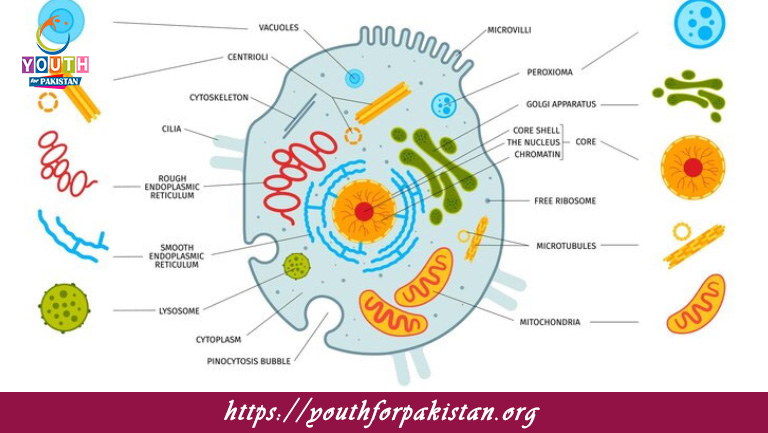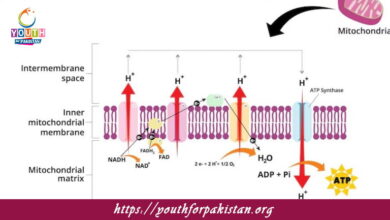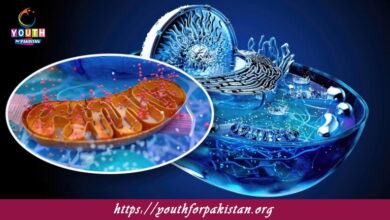Lysosomes MDCAT Quiz with Answers

The Lysosomes MDCAT Quiz is a very essential resource for students who are doing MDCAT and need to understand the critical functions of lysosomes, which are membrane-bound organelles in eukaryotic cells. Lysosomes contain hydrolytic enzymes that break down waste materials, cellular debris, and foreign substances. They play an important role in maintaining cellular homeostasis by performing autophagy and phagocytosis. Given that lysosomes are highly important in cellular processes, understanding them is critical for MDCAT aspirants preparing for questions on cell biology, physiology, and disease mechanisms.
Structure and Function of Lysosomes
Lysosomes are spherical organelles surrounded by a single membrane containing more than 50 types of hydrolytic enzymes. These enzymes break down macromolecules such as proteins, lipids, nucleic acids, and carbohydrates. The acidic environment within lysosomes is crucial for the optimal activity of these enzymes, which digest intracellular and extracellular materials. MDCAT students should be aware of the role of lysosomes in different cellular processes, such as waste disposal and recycling of cellular components, which are very important for a healthy cell.
Lysosomal Disorders and Their Impact
Lysosomal function is crucial for cellular health, and dysfunction can lead to a variety of serious diseases. Lysosomal storage disorders (LSDs) occur when one or more of the lysosomal enzymes are deficient or malfunctioning, causing the accumulation of undigested substances within cells. Tay-Sachs, Gaucher’s disease, and Pompe disease are some examples of LSDs. These are disorders that result in severe complications for health. It is important that students of MDCAT learn the importance of lysosomal enzymes for health and disease because these topics are mostly encountered in the questions of clinical biology.
Lysosome Quiz for MDCAT
The quiz of MDCAT on lysosomes provides a valuable opportunity for students to check their knowledge of lysosomal structure and function. There is an enzyme located inside the lysosome, its digestive role and effect of this enzymatic failure, which ultimately disrupts general health. Upon this quiz test, MDCAT candidates get the opportunity to study or review in any area concerning that material. One will be able to enhance the confidence of students through regular participation in quizzes like this, which will help students improve their performance in the MDCAT exam, especially in areas related to cell biology and disease mechanisms.
Free Flashcard
To retain information on lysosomes, free flashcards are a great tool for MDCAT students. Flashcards can be used to review the main ideas: types of hydrolytic enzymes, autophagy, and how lysosomes are involved in cellular digestion. Students may also use flashcards to memorize functions of lysosomes including phagocytosis, which is the digestion of foreign material, and exocytosis, which is the release of the digested material. Regular review with flashcards will reinforce these concepts, making it easier for students to recall them during the exam.
Experience the real exam environment with our expertly designed collection of over 25,000 MCQs MDCAT Mock Tests.






